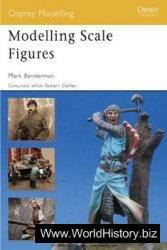In the autumn of 867, their mission apparently finished, the two brothers made their way toward Constantinople, bringing with them a group of men who were candidates for the Orthodox priesthood. But as they were leaving, they received an invitation from Pope Nicholas I to visit him in Rome.
Therefore they decided to go there, intending to stay just a short time before returning to Constantinople; but in fact the trip took two years, and Cyril would never see Greece again.
Pope Nicholas died while they were on their way to Rome, and the new pope, Adrian II, welcomed them in his place. Seeing an opportunity to exert his own influence in Central Europe, Adrian agreed to ordain, or formally appoint, the prospective priests the brothers brought with them.
Soon afterward, Constantine and Methodius learned that Michael III had been assassinated. This left them uncertain as to how they should proceed, since they might very well return to Constantinople and find themselves in trouble with the new emperor. Constantine, at least, did not have to make a decision: he became ill and, soon after becoming a monk and taking the new name Cyril, he died on February 14, 869. Methodius chose to go back to Moravia, where he continued to work until his own death on April 6, 885.
As it turned out, Moravia would later come under the influence of the Roman Catholic Church, and thus of Western European culture. Today the Czechs are predominantly Catholic, and use a Roman alphabet similar to that of English. The Orthodox believers driven out of Moravia spread eastward, to Bulgaria and later Russia—lands where Orthodoxy established a strong and lasting hold—in the late 800s and early 900s.




 World History
World History









